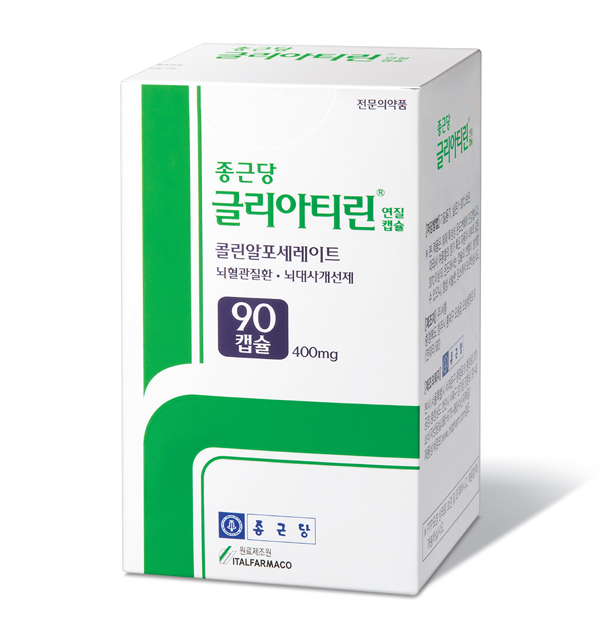A pharmacists’ group demanded an audit against the Ministry of Health and Welfare and the Health Insurance Review and Assessment Service (HIRA) over their granting of insurance benefit to Gliatilin (choline alfoscerate), a drug for cognitive impairment.
Pharmacists said the government was squandering the HIRA’s money because it gave reimbursement to the drug even though its clinical usefulness has not been confirmed.

The Association of Pharmacists for Healthy Society (APHS) on Tuesday requested the Board of Audit and Inspection to look into the health and welfare ministry and HIRA on suspicion of their dereliction of duty concerning the management of reimbursable drugs.
The group has claimed that the government should change the classification of Gliatilin from a prescription drug to a health-functional food, demanding it removed from the list of reimbursable medicines.
According to APHS, physicians have prescribed Gliatilin as a medicine to prevent dementia or a nutrient for brain and claimed for over 30 million reimbursements for the drug from 2011 to 2018. The claims for Gliatilin reimbursement surpassed 1 trillion won ($825.3 million) during the period, the association said.
The U.S. Food and Drug Administration punished related companies for misleading patients by giving wrong information through advertisements that it was effective for “improving cognitive abilities,” APHS went on to say. The advertisement was misleading as if Gliatilin was a treatment for Alzheimer's disease.
After learning that Gliatilin was not clinically useful enough in 2011, the health and welfare ministry has requested HIRA’s review. However, HIRA has done “nothing for 11 years,” saying its decision was based on the efficacy authorized by the Ministry of Food and Drug Safety, the association noted. The health and welfare ministry did not take a follow-up measure, either, it added.
“HIRA has to decide on drug reimbursement, separately from the food and drug safety ministry’s criteria for drug approval. As Gliatilin has weak clinical usefulness, and the drug needs an astronomical amount of HIRA’s money, HIRA should have worked harder. However, it is hard to find any evidence that HIRA did what it had to do,” the pharmacists’ group said.
The group pointed out that although HIRA had said in an audit in 2017 that it would go over the drug’s license and clinical usefulness in other countries to avoid any wasting in drug expenses, nothing has changed.
“The demand of Gliatilin has surged exponentially, reaching a level that threatens HIRA’s finance,” APHS added.

